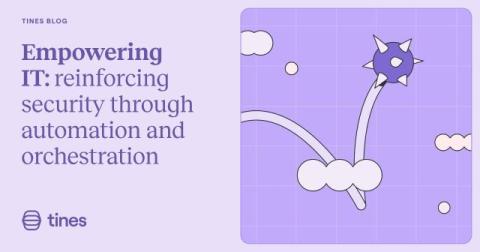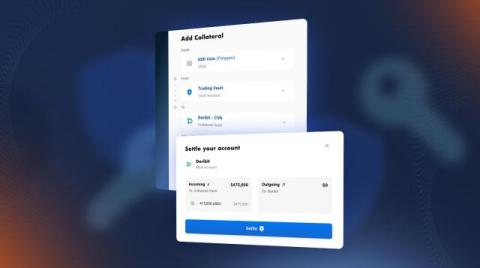Data Protection and Regulatory Compliance in the Insurance Industry
Insurance companies handle vast amounts of sensitive customer data such as personal information, financial records, and health details. As such, they must comply with strict data protection requirements. Failure to comply with these regulations can result in severe penalties, reputational damage, and loss of customer trust. In this article, you’ll learn about the best data protection practices for the insurance industry.











